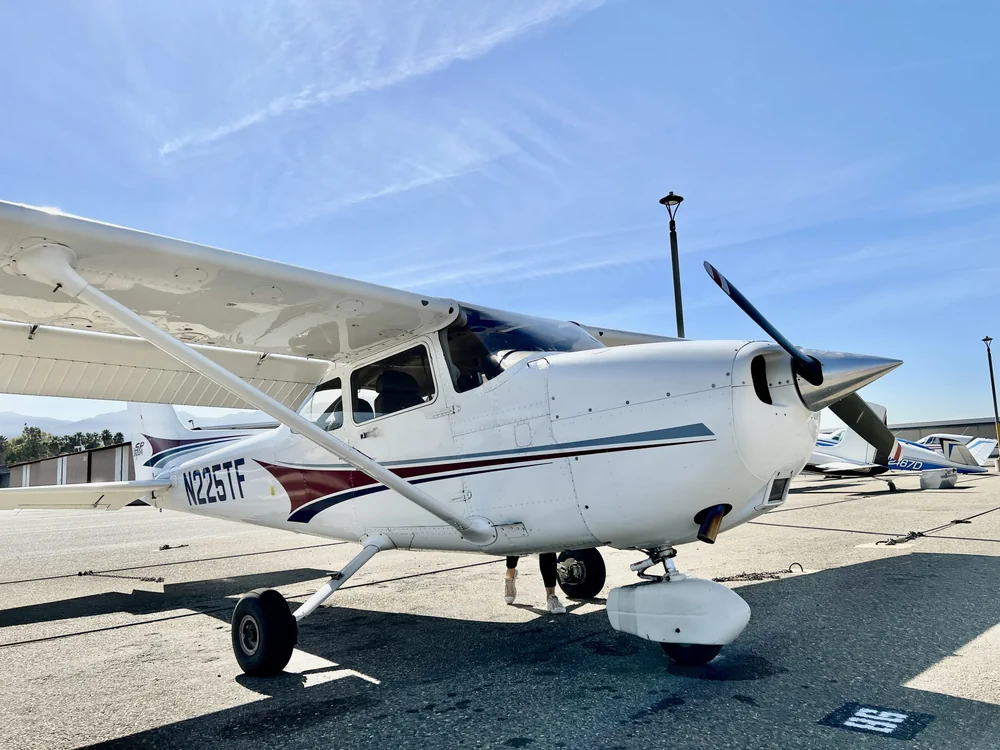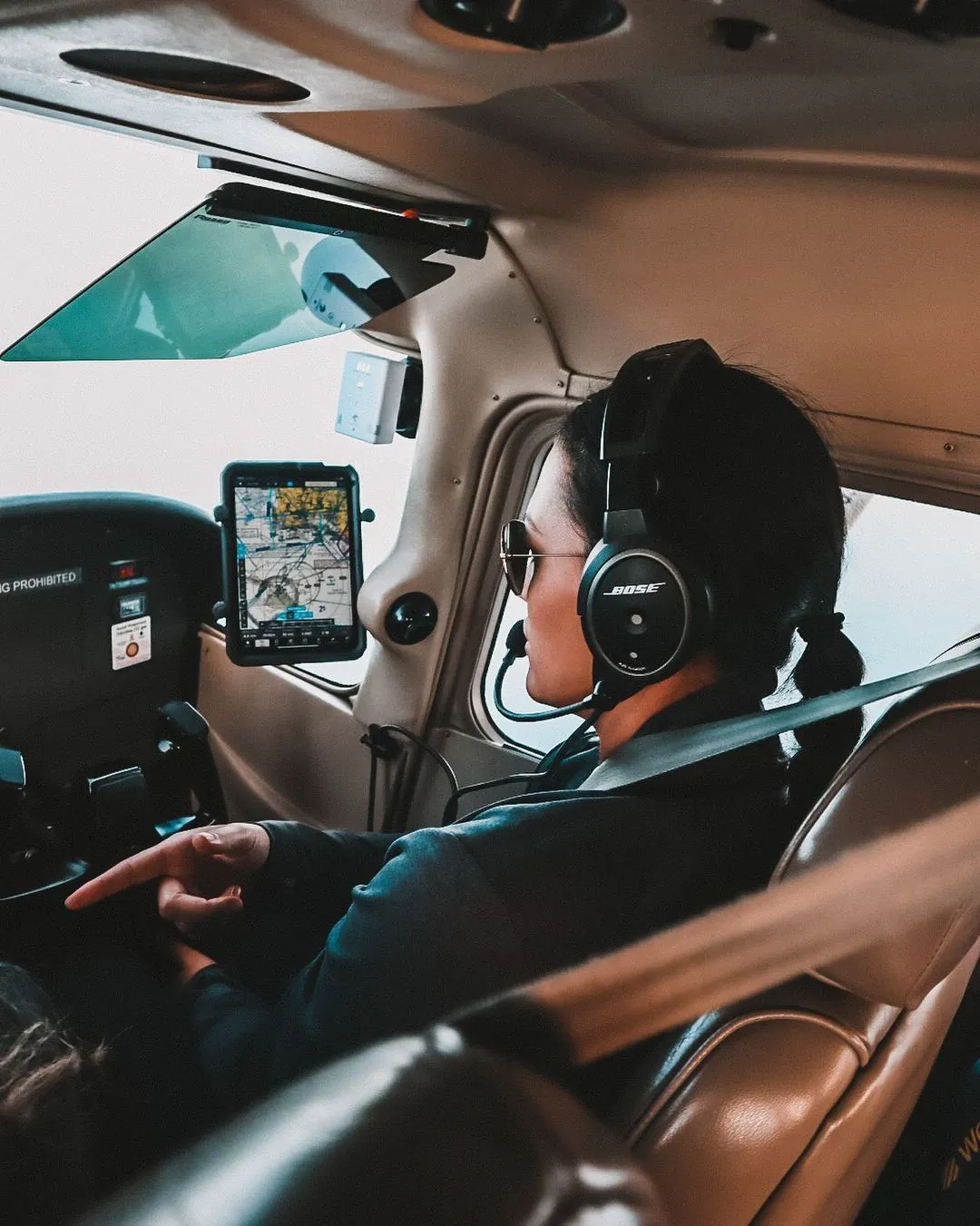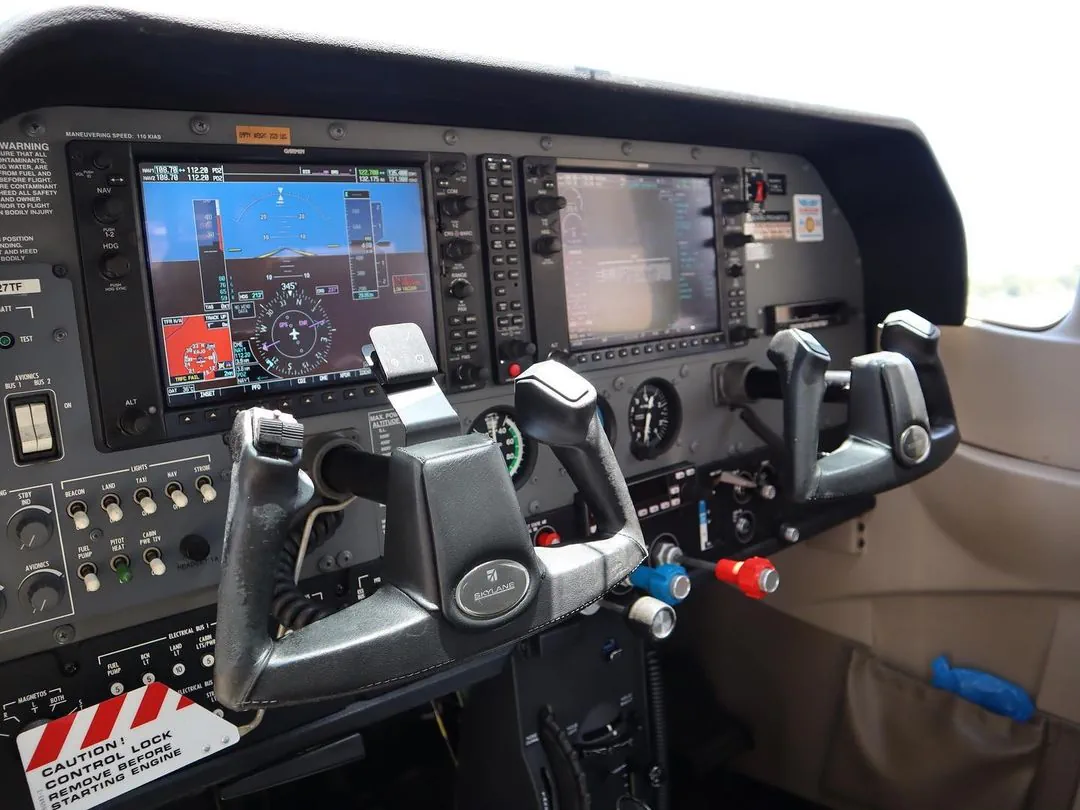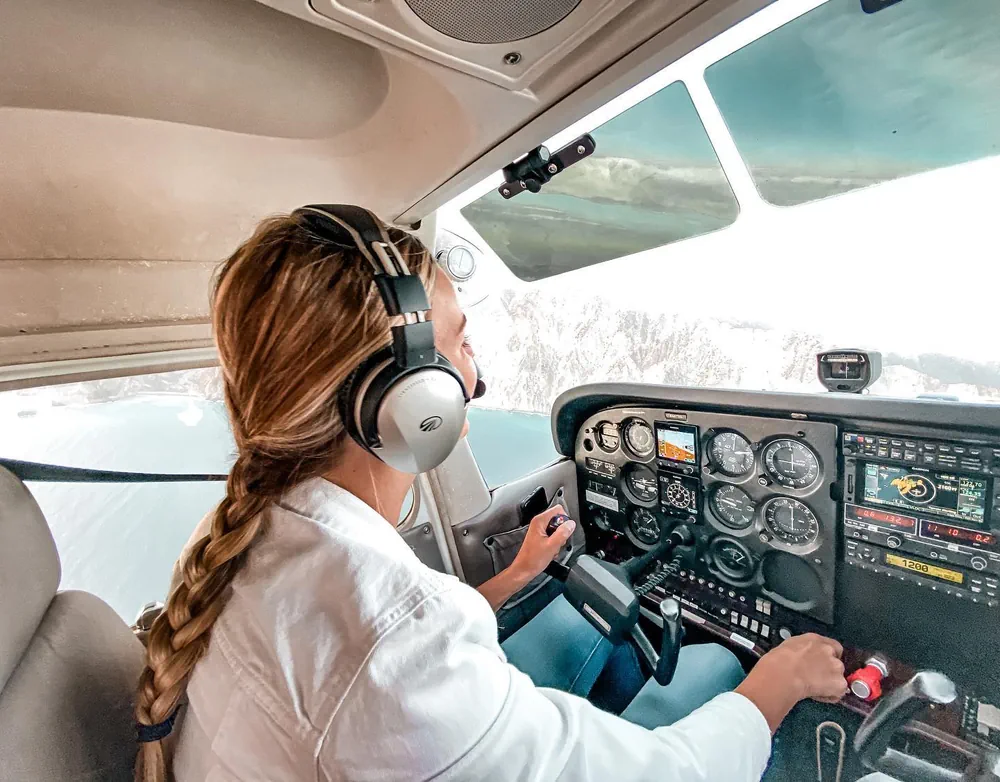
Train for this any time after the private pilot certificate to learn how to fly in the clouds, by reference to aircraft instruments. It increases your skills and the value of your certificate.
For most people, the next step after your Private Pilot Certificate is the Instrument Rating. The addition of the instrument rating opens up a whole new world of flying.
When you operate under IFR (Instrument Flight Rules) you can fly in the clouds without reference ground or horizon. Without your instrument rating, you would be restricted to VFR (Visual Flight Rules) and could only operate on clear days. This new freedom offers you the variety to go anywhere, anytime, day or night, rain or shine. Earning an instrument rating is not only an increase in responsibility, but a growth opportunity for pilots to work in the same system as the big guys (airline pilots).
Find out yourself. Set up an intro flight and see if the sky is not the limit!
Schedule a free meeting with flight training consultant
You must pass the basic medical exam, hold Private Pilot Certificate, be at least 17 years old, be a US Citizen or hold a valid Visa to US and read, speak and understand English
Your ground school classes cover a wide range of topics to prepare you for flight training. Once you complete your ground school, you must pass the FAA written exam
The FAA requires 40 hrs of simulated instrument time logged in an airplane or simulator and at least 50 hrs of a Cross-Country time, in order to earn the license.
Once your CFI feels you are ready, he or she will sign off and arrange your final checkride with an FAA examiner. When you pass your checkride, you are now an official instrument rated pilot
Multi-tasking will be at the focus of your training. Once instrument rated, you will notice a great increase in your safety level, as well as your overall proficiency.
We do not, and will not, simply train you to pass your Check Ride, you will be evaluated each and every minute while in the air, as well as in ground training and you are guaranteed to not only to pass your Check Ride, but to become a Confident, Proficient and Safe Instrument Rated Pilot.

The course is designed to ensure pilots are well prepared to answer examination questions, both oral and written, through extensive knowledge and preparation. This course is taught in-person or online

If you want to fly for compensation or hire, you’ll need at least the commercial certificate. It’s a prerequisite to work as a flight instructor, corporate or charter pilot or fly skydivers, etc

Build fundamental knowledge and develop your teaching skills. The FAA has already certified you as a competent commercia pilot; our job is to ensure that you become a well-prepare instructor

Pilots will become familiar with the characteristics and procedures for the high-performance airplane. Training is designed to teach the pilot how to stay ahead of the airplane in all phases of flight
Book now at Top Flight Aviation Flight School and embark on a thrilling journey towards your aviation dreams with our expert instructors, best training programs, unwavering commitment to safety, and a passion for helping you soar to new heights.
Flight Training Center run by pilots for pilots. We are offering the combination of price and quality. Fly with confidence that you are getting quality and professional flight instruction at a great competitive price with Top Flight Aviation.
If you want to fly, whether privately or commercially, there is no better place to learn than Top Flight Aviation. We truly strive to be a step above the rest providing quality professional instruction, best value, convenience and trusted safety.